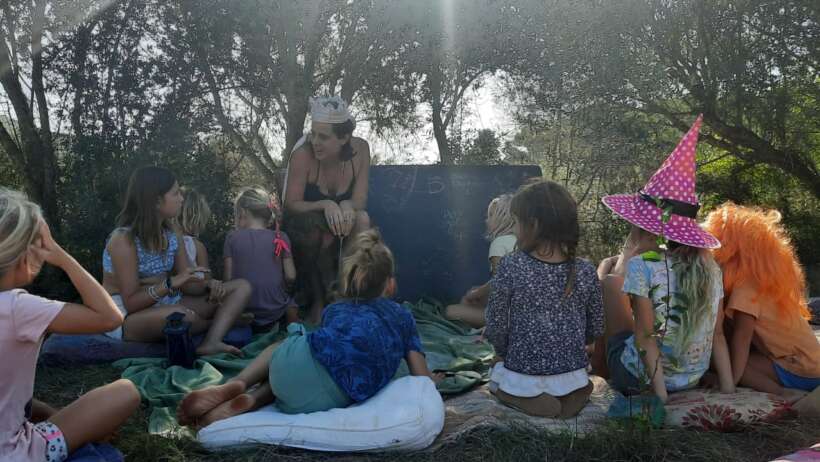The tween and teen years, spanning from 10 to 16, are a pivotal time in a child’s emotional development. As young minds navigate the complexities of adolescence, fostering empathy becomes crucial for building positive relationships and emotional intelligence. This article explores the intersection of empathy and storytelling, showcasing how narratives can be powerful tools in shaping the empathetic capacities of kids in this age group.
Understanding Empathy in Tweens and Teens
Empathy involves understanding and sharing the feelings of others, a skill that becomes increasingly important during the formative years of adolescence. Tweens and teens are often grappling with their own evolving emotions and identities, making this period ideal for nurturing a deeper understanding of the emotions of those around them.
The Role of Storytelling
Storytelling serves as a bridge between personal experiences and shared understanding. In the context of empathy development, narratives offer a safe and engaging way for tweens and teens to explore the perspectives, struggles, and triumphs of others. Whether through books, movies, or personal anecdotes, storytelling provides a rich tapestry for cultivating empathy.
- Identifying with Characters: Tween and teen literature and media often feature characters facing relatable challenges. As young minds identify with these characters, they develop a sense of connection and understanding, laying the groundwork for empathy.
- Exploring Diverse Narratives: Introduce tweens and teens to a variety of stories that reflect diverse experiences, cultures, and backgrounds. Exposure to narratives outside their immediate realm fosters a broader understanding of the human experience and encourages empathy towards people with different perspectives.
- Storytelling as a Communication Tool: Encourage tweens and teens to express themselves through storytelling. This can involve sharing personal experiences, writing narratives, or even creating art. By articulating their own emotions and experiences, young individuals develop a deeper appreciation for the importance of empathy in interpersonal relationships.
- Media Literacy and Critical Thinking: Teach tweens and teens to approach media with a critical eye. Discussing the portrayal of characters and situations in books, movies, and online content helps them discern stereotypes and biases, promoting empathy by challenging preconceived notions.
Practical Strategies for Parents and Educators
- Book Clubs and Discussion Groups: Facilitate book clubs or discussion groups where tweens and teens can explore and share their thoughts on literature. Engaging in thoughtful conversations about characters and storylines enhances their ability to empathize with diverse perspectives.
- Creative Expression Workshops: Offer workshops that encourage creative expression through writing, art, or drama. These activities provide outlets for self-expression and cultivate empathy by allowing participants to step into different roles and experiences.
- Real-World Connections: Encourage tweens and teens to participate in community service or volunteer activities. Real-world experiences, combined with reflective discussions, deepen their understanding of societal issues and foster a sense of empathy and social responsibility.
Conclusion
Empathy and storytelling form a dynamic duo in the emotional development of tweens and teens. By weaving narratives into their lives, whether through literature, media, or personal expression, we can guide our youngsters to become more involved with and sensitive to telling their own stories. In embracing the power of stories, we empower the next generation with the skills needed to navigate an interconnected and empathetic world.
Therefore I celebrate this opportunity by organising storytelling classes for kids in this ages group as well. Focussing more on the weird nature of human minds and broadening their perspecives on problem solving, cultural and age differences and continously encouraging them to make themselves heard in a profound and meaningful way. I think these are life lessons which are invaluable for kids in this age group. Don’t you agree?



